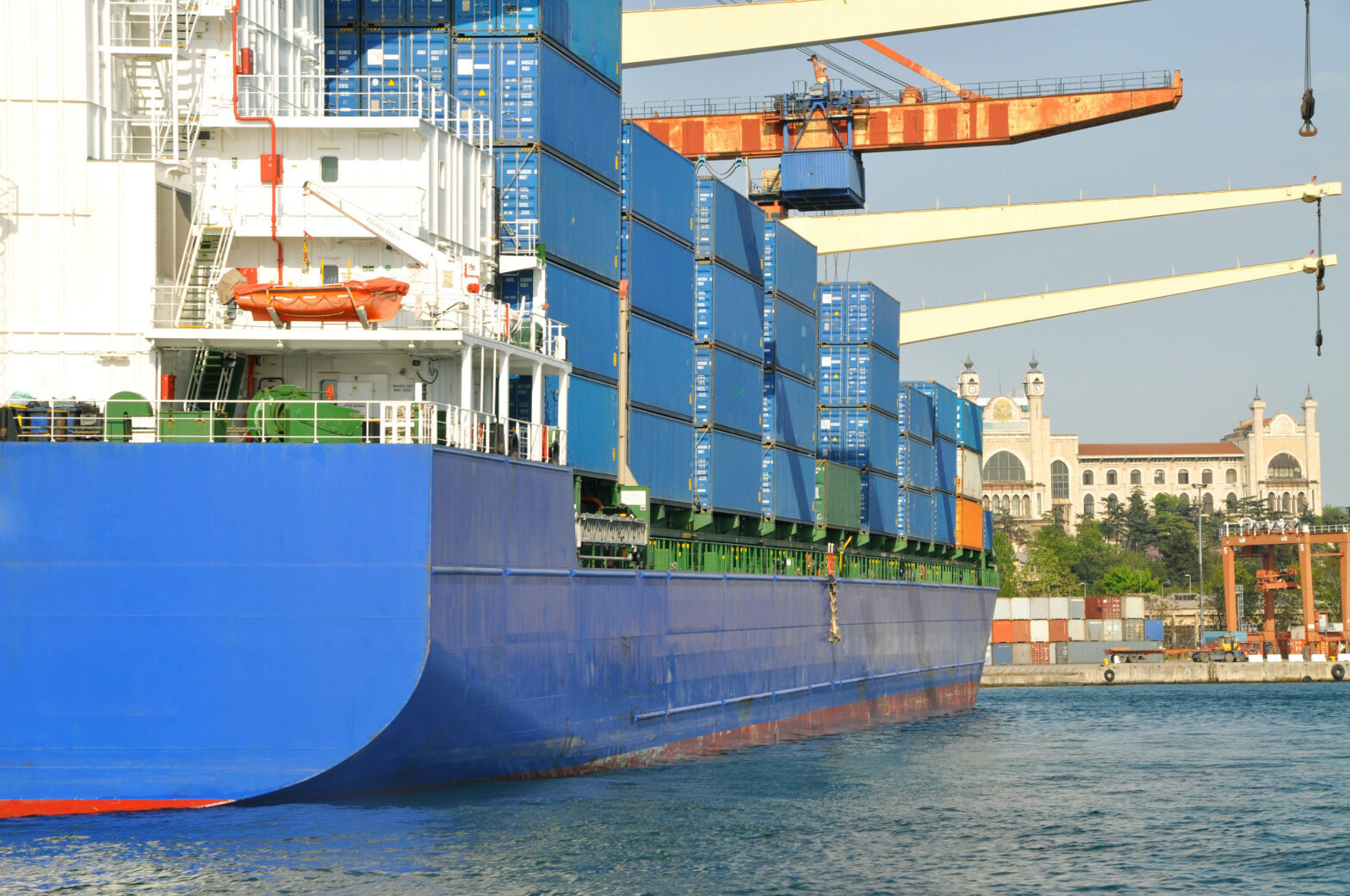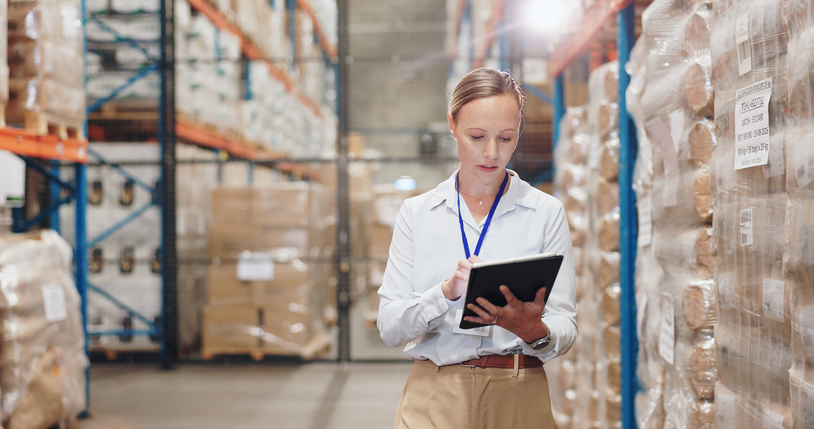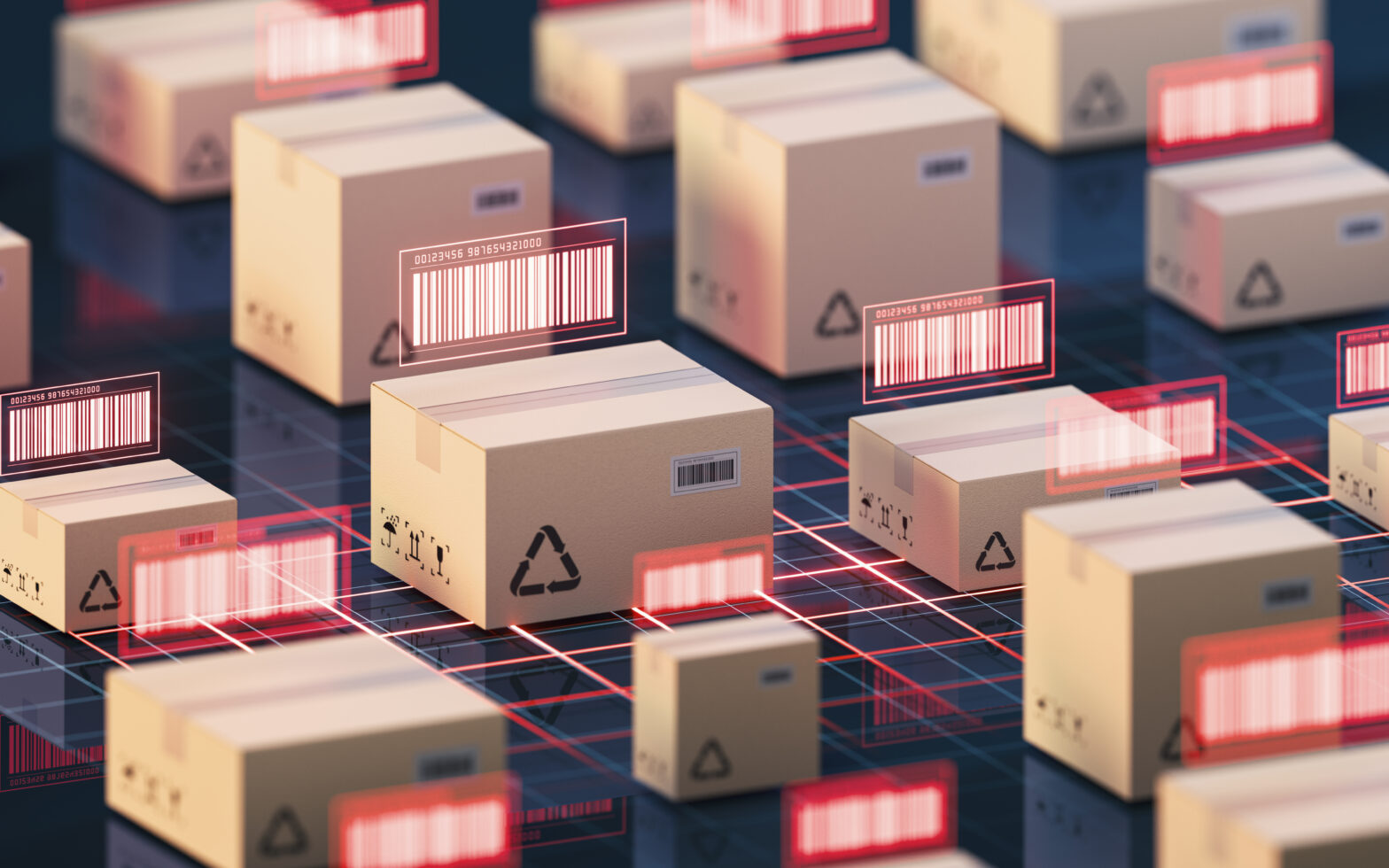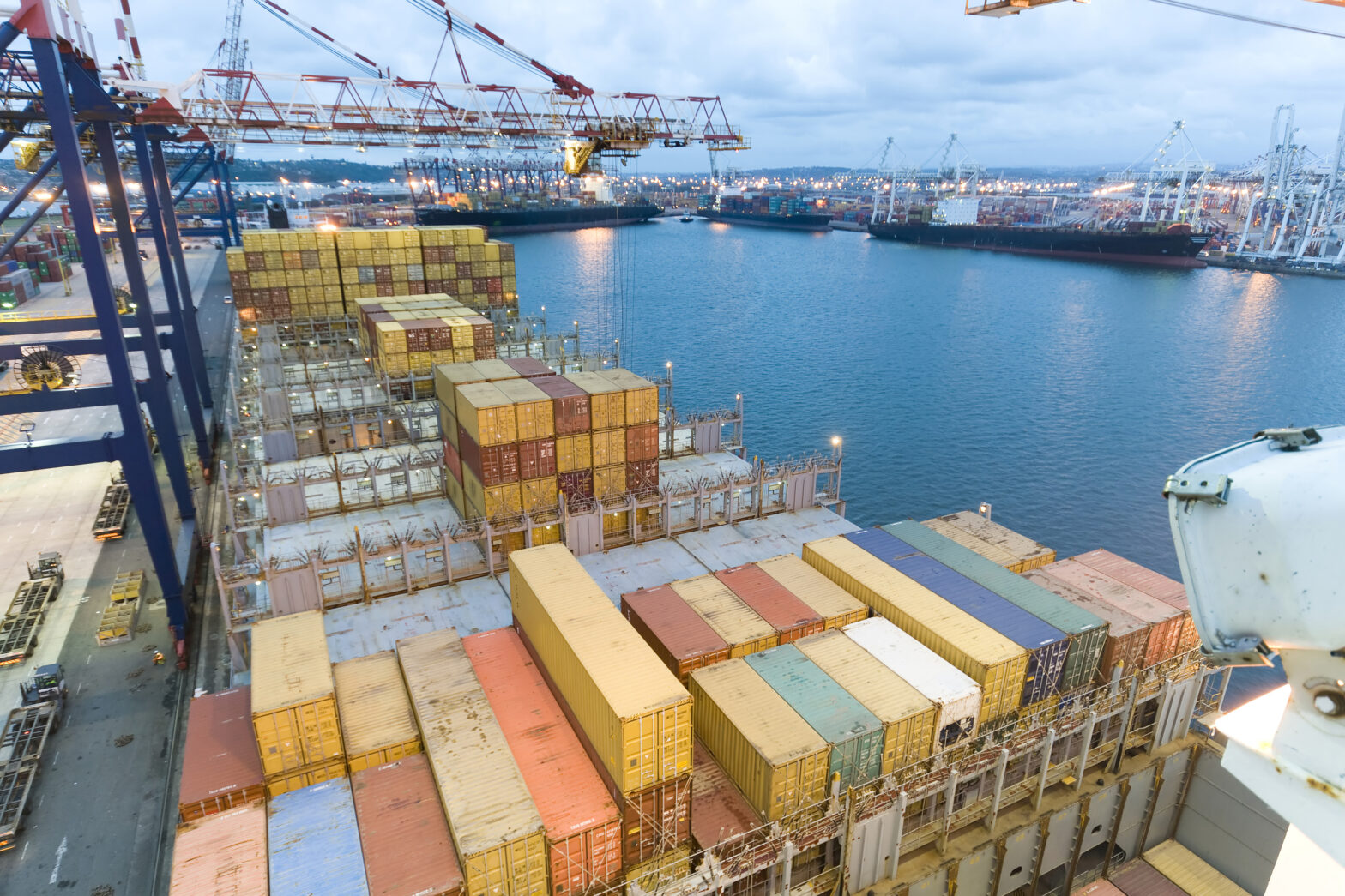Acquiring wine from, for example, Spain or anywhere else in the EU will give rise to a liability to account for both UK Excise Duty and VAT because such taxes are payable in the state of consumption.
When it comes to excise duty, any person importing wines for commercial purposes, other than on a casual basis, will be treated as a revenue trader for the purpose of the Customs and Excise Management Act 1979.
The amount of excise duty you pay depends on the strength of the alcohol and whether it is still or sparkling.
>See also: How to import from the EU
“As excise duties are payable in the EC state of consumption, the movement of the goods from Spain to the UK will require ‘close control’ during transit and up to the excise duty point. As a consequence the importer must be registered as a Registered Excise Dealer and Shipper (REDS) with Customs and Excise,” advises Stephen James, associate director of tax adviser and specialist WJB Chiltern.
He adds that once registered, the wine can be purchased under duty suspension in Spain, without payment of excise duty to the Spanish authorities.
“A document, known as an Administrative Accompanying Document (AAD) (which must be produced on demand to any revenue official) must accompany the movement of the wine. If you don’t have this, it may cause forfeiture of the consignment,” explains James.
>See also: How will Brexit affect my imports and exports? Where to find customs help
“In France, it might take 24 hours before they sign the paperwork,” Mike Overington from Dains Accountants says. “In Germany, they require 24 hours’ notice. Europe is difficult to say the least.”
Excise duty point
On arrival in the UK excise duty becomes payable at the excise duty point – normally when the goods are delivered for consumption. Alternatively, if the importer is an occasional importer the excise duty must be paid to Customs and Excise, prior to movement of the goods. A certificate of payment will then be issued and the transfer from Spain to the UK can be under cover of a Simplified Accompanying Administrative Document (SAAD).
“It is generally the case that wine would be put into a bonded warehouse, where the duty is suspended until such time as it is removed for consumption, in which case the excise duty point will arise.
“An excise approved warehouse may be used for this purpose or alternatively the importer could apply to Customs and Excise for approval to use his own warehouse. But this may prove to be an expensive option because of the security requirements for approval, and significant delays may be experienced before approval is given,” believes James.
“Once in the UK, you need an import document and a UK EORI number,” adds Mike. “If you’re VAT registered, that’s standard. If you’re not, you can still apply for an EORI.”
“Then, you need to get an agent and register for GVMS (Goods Vehicle Movement Service) – a traffic light system so HMRC can review entry, or you need an agent that has one who can then show it to HMRC.”
If you’re importing wine regularly, it is also best to get a deferment account.
“It’s a bit like a credit card,” explains Mike. “It’s requested by HMRC on the 15th day of the following month and makes the experience a lot more seamless. Or, you use an agent’s deferment number. It costs around £30 and 3 per cent of the value of the excise duty.”
When it comes to VAT, the movement of the wine from Spain to the UK will be treated in precisely the same way as for any other goods. The importer should provide the supplier with details of his UK VAT registration number and this will be shown on the supplier’s invoice.
‘The despatch of the wine from Spain will be at the zero rate and the importer must account for the acquisition by declaring the purchase in his VAT records. If the importer is not registered for VAT the supplier would usually charge local VAT on the sale,’ concludes James.
Further reading
Import guide: three essential tips and everything you need to know






Leave a comment